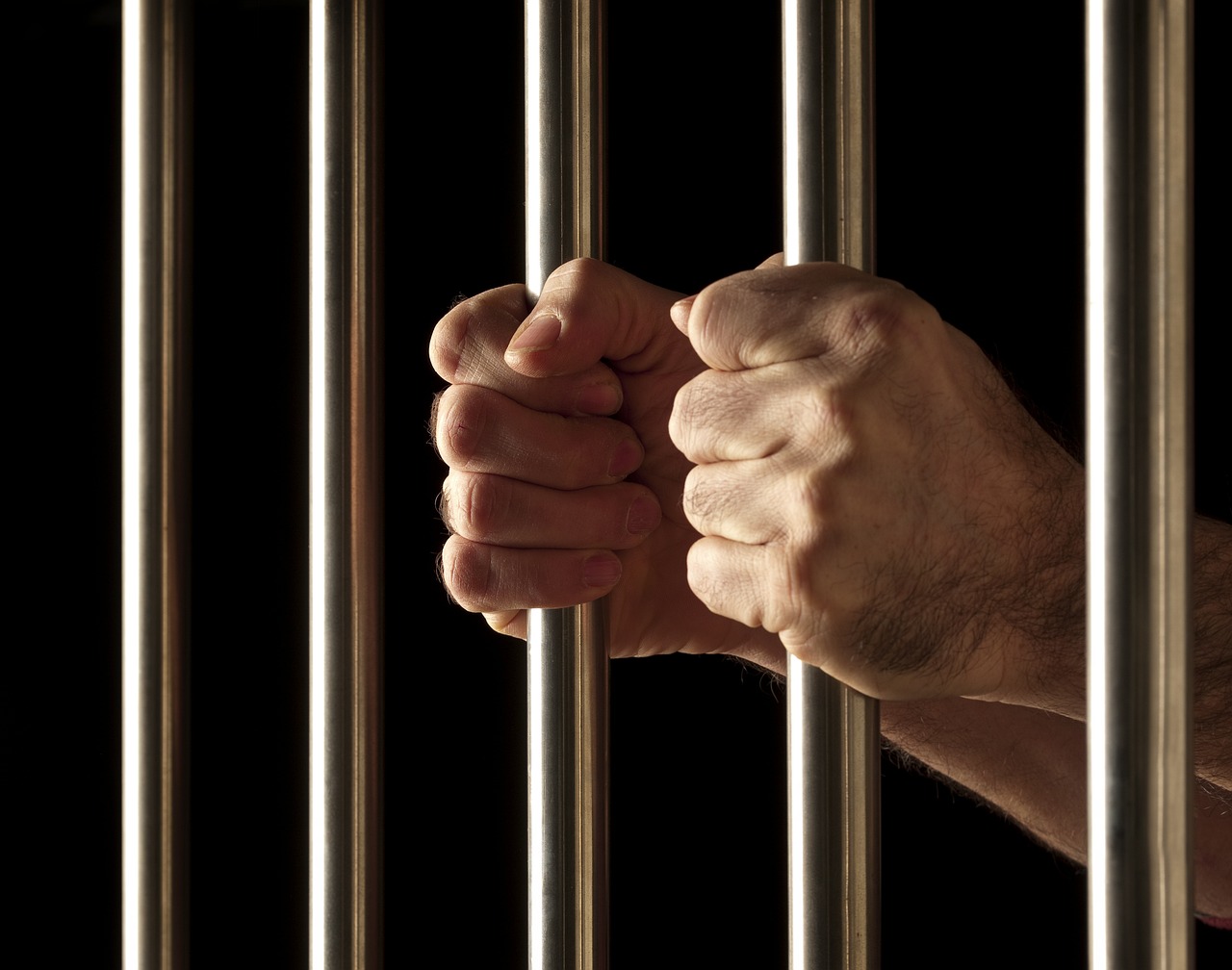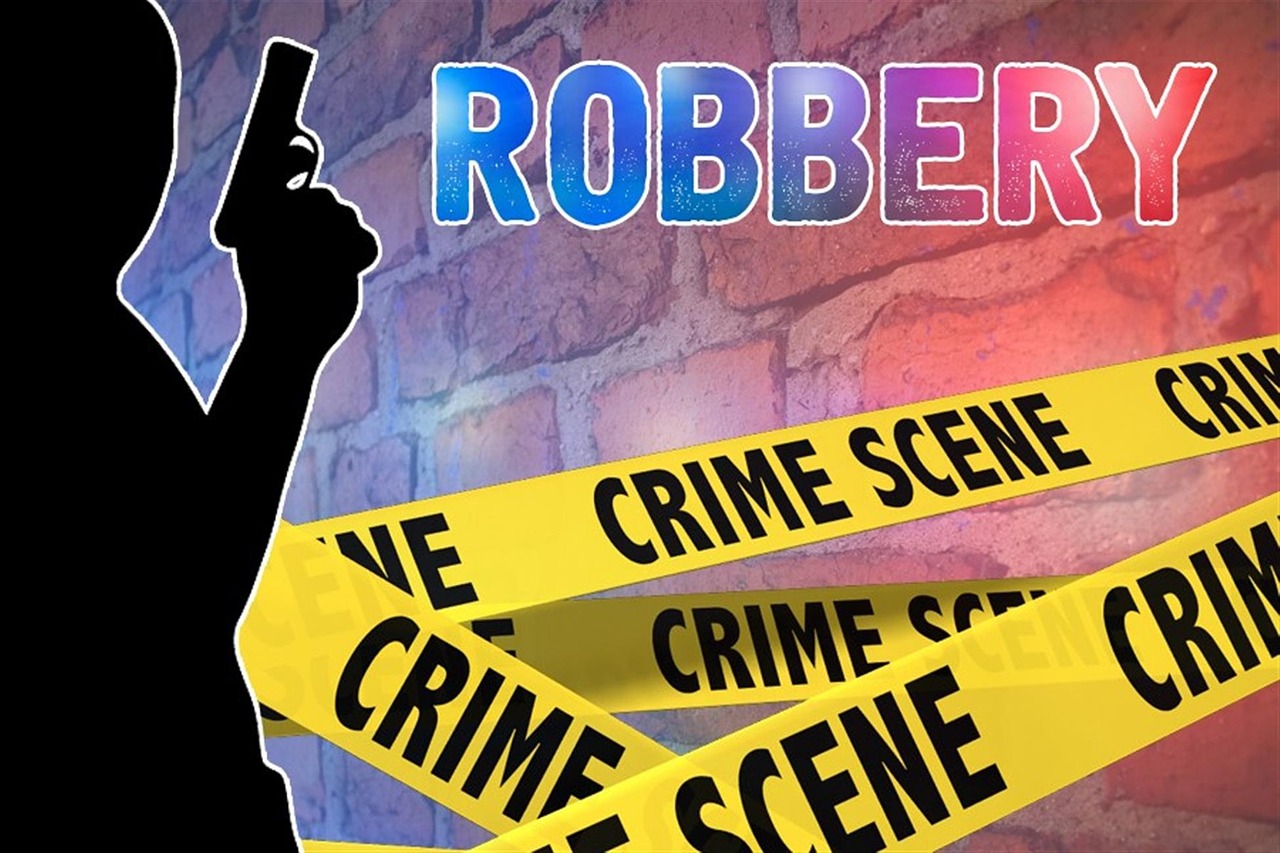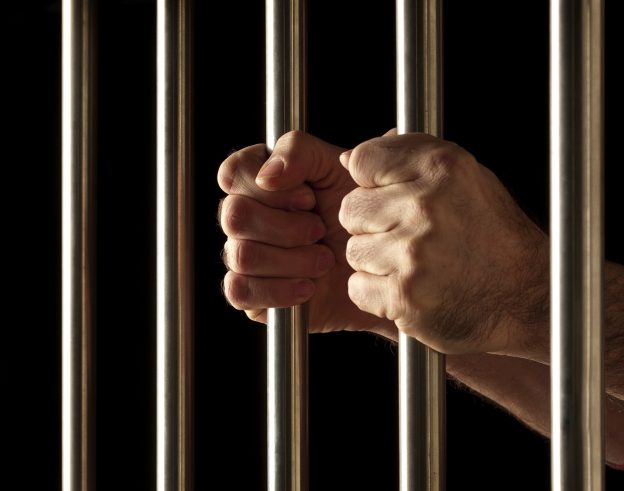Are you facing criminal charges in Ogden, Utah? Look no further than our expert criminal defense attorney to provide you with the guidance and representation you need. With a deep understanding of the legal system and a track record of success, our lawyer is committed to protecting your rights and ensuring a fair outcome. Whether you are dealing with charges related to DUI, assault, drug possession, or any other criminal offense, our attorney has the knowledge and experience to advocate for your best interests. Don’t face the complexities of the legal system alone. Contact us today for a consultation and take the first step towards securing your future.
Understanding Criminal Defense
Criminal defense is a crucial aspect of the legal system that aims to protect individuals who have been accused of committing a crime. It involves a range of strategies and tactics aimed at building a strong defense, navigating the criminal justice system, and securing the best possible outcome for the accused. Whether you are facing misdemeanor charges or serious felony charges, it is crucial to understand the importance of criminal defense and seek the assistance of a knowledgeable and experienced criminal defense lawyer.
What is Criminal Defense?
Criminal defense refers to the legal representation and advocacy provided to individuals who have been accused of committing a crime. When someone is charged with a crime, they are presumed innocent until proven guilty, and it is the role of the criminal defense lawyer to ensure that their rights are protected and that they receive a fair trial. Criminal defense encompasses a wide range of legal strategies and tactics aimed at challenging the prosecution’s case, gathering evidence, interviewing witnesses, and exploring all possible legal avenues to achieve the best possible outcome for their client.

Why Do You Need Criminal Defense?
Facing criminal charges can have serious consequences that can impact various aspects of your life, including your reputation, career, and personal relationships. Without proper legal representation, navigating the complex criminal justice system can be overwhelming and daunting. A skilled criminal defense lawyer has in-depth knowledge of the law, experience in handling similar cases, and the ability to build a strong defense strategy on your behalf. They will ensure that your rights are protected, guide you through the legal process, and work tirelessly to secure the best possible outcome for you.
The Role of a Criminal Defense Lawyer
A criminal defense lawyer plays a crucial role in protecting the accused and advocating for their rights throughout the legal process. They are responsible for analyzing your case, assessing the evidence against you, and developing a strong defense strategy tailored to your specific circumstances. Additionally, they are skilled negotiators who can engage in plea bargain negotiations with the prosecution, potentially leading to reduced charges or penalties. If your case goes to trial, a criminal defense lawyer will represent you in court, cross-examine witnesses, present evidence, and argue your case before a judge and jury.
Types of Criminal Charges
Understanding the different types of criminal charges is essential for comprehending the potential consequences you may face and the appropriate defense strategies that can be employed. In the state of Utah, criminal charges are generally classified as either misdemeanors or felonies, each carrying different levels of severity and penalties.
Misdemeanor Charges
Misdemeanor charges are considered less serious offenses and typically result in a sentence of up to one year in jail and/or fines. Examples of misdemeanor charges include petty theft, simple assault, disorderly conduct, and certain drug possession offenses. While misdemeanors are less severe than felonies, they still have the potential to cause significant disruptions and negative consequences in your life.
Felony Charges
Felony charges are more serious offenses that carry potential prison sentences of one year or more, along with substantial fines. Examples of felony charges include murder, sexual assault, armed robbery, and drug trafficking. Felonies are categorized into different classes or degrees, with higher classes carrying more severe penalties. It is crucial to seek experienced legal representation if you are facing felony charges, as the consequences can be life-altering.
Common Criminal Charges in Ogden Utah
In Ogden, Utah, individuals may face a variety of criminal charges, ranging from minor infractions to serious offenses. Some of the most common criminal charges in Ogden include assault, domestic violence, DUI (Driving Under the Influence), drug offenses, theft, and property crimes. It is important to consult with a criminal defense lawyer who has specific knowledge and experience in handling cases within the jurisdiction of Ogden to ensure the best possible outcome for your case.
Building a Strong Defense
Building a strong defense is essential to protect your rights and achieve a favorable outcome in your criminal case. A skilled criminal defense lawyer will employ various strategies and tactics to challenge the prosecution’s case, gather evidence, interview witnesses, and explore all available legal avenues.
Gathering Evidence
One of the fundamental aspects of building a strong defense is gathering evidence that supports your innocence or casts doubt on the prosecution’s case. This can include physical evidence, such as surveillance footage or DNA analysis, as well as witness testimonies, expert opinions, and any other relevant information that may be favorable to your case. A skilled criminal defense lawyer will thoroughly investigate the circumstances surrounding your case and identify potential evidence that can be used to strengthen your defense strategy.
Interviewing Witnesses
Interviewing witnesses is a crucial part of building a strong defense. Witness testimonies can provide valuable information that can corroborate your innocence or challenge the prosecution’s case. A skilled criminal defense lawyer will conduct thorough interviews with potential witnesses, ensuring that their statements are properly documented and can be presented effectively in court. Additionally, they may also consult with expert witnesses, such as forensic analysts or medical professionals, to provide specialized knowledge and insights that can benefit your defense.
Exploring Legal Strategies
Every criminal case is unique, and a skilled criminal defense lawyer will explore various legal strategies to build the strongest possible defense tailored to your specific circumstances. This may include challenging the admissibility of evidence, disputing witness credibility, presenting alternative explanations for the alleged offense, or arguing that your actions were justified based on self-defense or other legal defenses. Your defense attorney will assess the strengths and weaknesses of the prosecution’s case and develop a comprehensive defense strategy aimed at securing the best possible outcome for you.

Navigating the Criminal Justice System
Navigating the criminal justice system can be complex, and having a skilled criminal defense lawyer by your side is crucial to ensure that your rights are protected at every stage of the process. Understanding the key steps involved in the criminal justice system can help you better comprehend the legal proceedings and make informed decisions.
The Arrest Process
The arrest process is the initial step in the criminal justice system. Generally, law enforcement officers will detain a person if they have reasonable grounds to believe that the individual has committed a crime. During the arrest, the police will read the accused their Miranda rights, which include the right to remain silent and the right to an attorney. It is important to exercise these rights and remain calm during the arrest process, as anything you say can be used against you in court.
Booking and Bail
After the arrest, the accused is typically taken to a police station for booking. During this process, personal information, fingerprints, and photographs are recorded, and an official record of the arrest is created. Depending on the severity of the offense, the accused may be eligible for bail. Bail is an amount of money or property that is paid to the court as a guarantee that the accused will appear for future court proceedings. A skilled criminal defense lawyer can help navigate the bail process and potentially secure a favorable bail amount on your behalf.
Arraignment and Plea
After the arrest and booking process, the accused will have an arraignment hearing, during which they will be formally charged with the alleged offense. At the arraignment, the accused will have the opportunity to enter a plea, which can be either guilty, not guilty, or no contest. It is crucial to consult with a criminal defense lawyer before entering a plea, as they can provide valuable guidance and insight into the potential consequences of each plea option. Your defense attorney will advocate for your best interests during the arraignment and ensure that your rights are protected throughout the process.
Negotiating Plea Bargains
Plea bargains are often a key feature of the criminal justice system and can offer an alternative to going to trial. Understanding the nature of plea bargains, their pros and cons, and how a defense attorney can assist in negotiating favorable terms is essential for individuals facing criminal charges.
Understanding Plea Bargains
A plea bargain is an agreement between the prosecution and the defense in which the accused agrees to plead guilty or no contest to one or more charges in exchange for certain concessions from the prosecution. These concessions can include reduced charges, lesser penalties, or the dismissal of other charges. Plea bargains are commonly used to resolve cases efficiently and can result in reduced sentences and lower legal expenses.
Pros and Cons of Plea Bargains
There are several advantages and disadvantages to consider when evaluating whether to accept a plea bargain. Some of the pros of plea bargains include the potential for reduced charges and penalties, faster resolution of the case, and lower legal costs. Plea bargains also eliminate the uncertainty of trial outcomes and reduce the emotional stress and public exposure that often accompany court trials. However, it is essential to weigh these benefits against the potential drawbacks, such as admitting guilt, having a criminal record, and potentially facing collateral consequences such as immigration issues or limitations on future employment opportunities.
How a Defense Attorney Can Help with Plea Bargains
Navigating the plea bargaining process can be complex, and having an experienced criminal defense attorney can significantly impact the terms and outcomes of the plea agreement. A skilled defense attorney will thoroughly assess the prosecution’s case, identify weaknesses, and negotiate for the most favorable terms on your behalf. They will advocate for your best interests, ensure that you understand the potential consequences of the plea bargain, and guide you in making an informed decision. If a plea agreement is reached, your defense attorney will ensure that the terms are properly executed and that your rights are protected.
Preparing for Trial
While plea bargains offer an alternative to going to trial, in some cases, proceeding to trial is the most appropriate course of action. Preparing for trial requires careful planning, thorough investigation, and strategic decision-making. A skilled criminal defense lawyer will guide you through this process and ensure that you are well-prepared to present your case before a judge and jury.
Jury Selection
One of the critical steps in preparing for trial is the jury selection process. The selection of an impartial and unbiased jury is crucial for ensuring a fair trial. During this process, potential jurors are questioned by the prosecution and the defense to identify any potential biases or prejudices that may influence their ability to make an impartial decision. Your defense attorney will aid in selecting jurors who are more likely to be receptive to your defense strategy.
Opening Statements
Once the jury is selected, the trial begins with opening statements from both the prosecution and the defense. Opening statements provide an opportunity for each side to outline their case, introduce key arguments and evidence, and set the stage for the trial. Your defense attorney will deliver a compelling opening statement that highlights the weaknesses in the prosecution’s case, clarifies your defense strategy, and establishes your innocence or reasonable doubt.
Presenting Evidence
During the trial, both the prosecution and the defense will present evidence to support their respective cases. Your defense attorney will strategically present evidence that challenges the prosecution’s case and supports your defense strategy. This can include witness testimonies, expert opinions, physical evidence, and any other relevant information that strengthens your defense. Your defense attorney will also have the opportunity to cross-examine the prosecution’s witnesses, challenging their credibility and exposing inconsistencies in their statements.
Challenging the Prosecution’s Case
Challenging the prosecution’s case is a fundamental aspect of building a strong defense. Your defense attorney will employ various tactics to undermine the credibility of the prosecution’s evidence and weaken their case against you. This can include cross-examining witnesses, presenting expert opinions that contradict the prosecution’s evidence, and filing motions to challenge the admissibility of evidence or even request the dismissal of the case.
Cross-Examination
Cross-examination is a critical tool for challenging the prosecution’s case and uncovering inconsistencies or weaknesses in witness testimonies. During cross-examination, your defense attorney will question the prosecution’s witnesses to highlight any contradictions, biases, or other factors that may undermine their credibility or the reliability of their statements. Skillful cross-examination can expose flaws in the prosecution’s case and strengthen your defense.
Expert Witnesses
Expert witnesses can play a crucial role in challenging the prosecution’s case by providing specialized knowledge and opinions that counter the prosecution’s evidence. For example, in cases involving forensic evidence, an expert witness can analyze the validity and reliability of the evidence, potentially uncovering errors or alternative explanations. Your defense attorney will consult with expert witnesses who can provide valuable insights and opinions that support your defense strategy.
Motion for Dismissal
If there are significant flaws in the prosecution’s case or violations of your rights, your defense attorney may file a motion for dismissal. This motion requests that the court dismiss the charges against you due to lack of evidence, constitutional violations, or other legal grounds. Your defense attorney will thoroughly assess your case, identify valid grounds for dismissal, and argue persuasively before the court to seek the complete dismissal of the charges.
Sentencing and Appeals
If you are found guilty or accept a plea bargain, the next step is sentencing. Sentencing involves determining the penalties and consequences you will face for the offense you have been convicted of. Additionally, if you believe that significant legal errors occurred during your trial that impacted the outcome, you may have the option to appeal your conviction or sentence.
Sentencing Guidelines
Sentencing guidelines provide a range of possible penalties for specific offenses based on factors such as the severity of the offense, prior criminal history, and any aggravating or mitigating circumstances. The judge will consider these guidelines, as well as any additional information and arguments presented by your defense attorney, in determining an appropriate sentence. A skilled defense attorney can advocate for the most favorable sentencing outcome by presenting mitigating factors and arguing against excessive penalties.
Mitigating Factors
Mitigating factors are circumstances or evidence that can lessen the severity of your sentence. For example, demonstrating remorse, showing evidence of rehabilitation, or highlighting any extenuating circumstances that contributed to the offense can potentially result in a reduced sentence. Your defense attorney will thoroughly assess your case to identify and present any mitigating factors that may influence the judge’s sentencing decision.
The Appeals Process
If you believe that your trial was unfair or that significant legal errors occurred, you may have the option to appeal your conviction or sentence. The appeals process involves presenting your case to a higher court, arguing that errors were made during the trial that impacted the outcome. It is important to note that appeals are generally focused on errors of law, rather than re-trying the case or introducing new evidence. A skilled defense attorney can guide you through the appeals process, investigate potential grounds for appeal, and present persuasive arguments to seek a reversal of your conviction or modification of your sentence.
Frequently Asked Questions
What should I do if I am arrested?
If you are arrested, it is crucial to remain calm and exercise your rights. Remember to remain silent and ask for an attorney. Do not provide any statements or answer any questions without the presence of your defense attorney. Contact a criminal defense lawyer as soon as possible to ensure that your rights are protected and that you have proper legal representation throughout the process.
How long does the criminal defense process take?
The length of the criminal defense process can vary significantly depending on various factors, such as the complexity of the case, the court’s schedule, and whether the case goes to trial. Some cases may be resolved relatively quickly through plea bargains, while others may require more extensive preparation and go to trial, resulting in a longer process. Consulting with a criminal defense lawyer can provide you with a more accurate timeline based on the specific details of your case.
Can a criminal defense attorney get my charges dismissed?
A skilled criminal defense attorney can potentially get charges dismissed in certain circumstances. This may be possible if there is insufficient evidence to support the charges, constitutional violations occurred during the investigation or arrest, or there are significant flaws in the prosecution’s case. Your defense attorney will assess the strengths and weaknesses of your case, identify any valid grounds for dismissal, and present compelling arguments to seek the dismissal of the charges.



